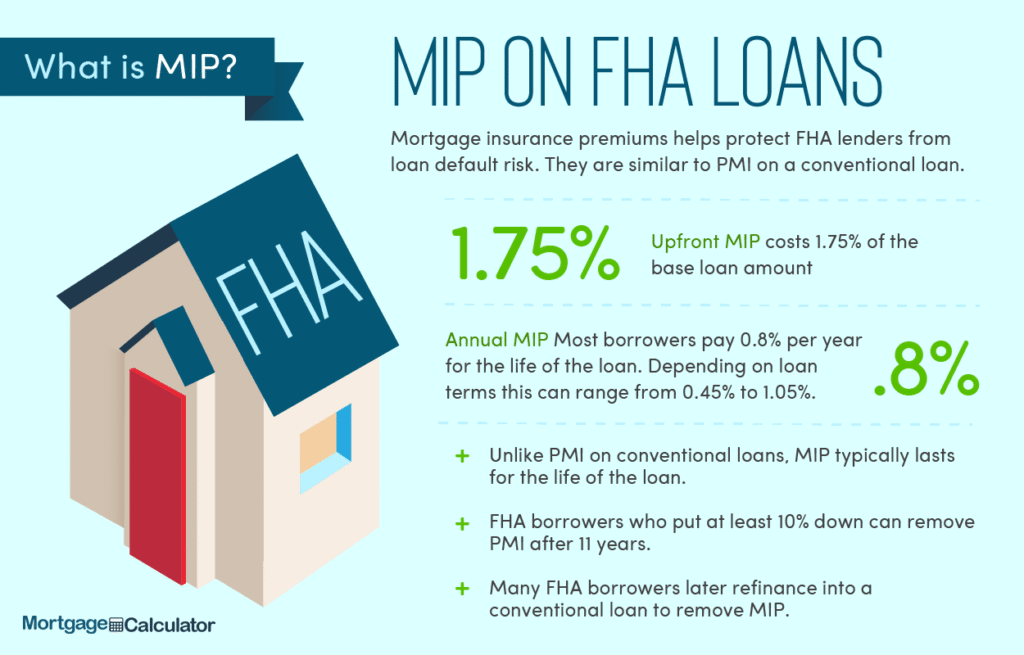Debt. It’s a word that carries a lot of weight, conjuring up images of financial stress and sleepless nights. But understanding debt doesn’t have to be a daunting task. This guide will break down the essentials, empowering you to manage your finances more effectively.
Understanding Different Types of Debt
Not all debt is created equal. Understanding the difference between good debt (like a mortgage for a home) and bad debt (like high-interest credit card debt) is crucial. We’ll explore various types, including student loans, mortgages, personal loans, and credit card debt, and help you categorize your own financial obligations. 
Calculating Your Debt-to-Income Ratio
Your debt-to-income ratio (DTI) is a key indicator of your financial health. Learning how to calculate your DTI and what a healthy ratio looks like is essential for responsible borrowing. This section will walk you through the process and explain what the numbers mean for your financial future. Learn more about improving your DTI.
Creating a Realistic Budget
A budget isn’t about restriction; it’s about empowerment. We’ll guide you through creating a budget that works for your lifestyle, helping you identify areas where you can cut back and allocate funds towards debt repayment. [IMAGE_2_HERE]
Debt Repayment Strategies
From the debt snowball to the debt avalanche method, several strategies can help you pay off your debt more efficiently. We’ll examine these strategies, discussing their pros and cons to help you choose the best approach for your unique circumstances. Check out this budgeting tool to help you get started.
Negotiating with Creditors
Sometimes, you might need to negotiate with creditors to lower your interest rates or payment amounts. We’ll provide tips and strategies for effective communication and explore options like debt consolidation or debt management plans. Read our guide on negotiating with creditors.
The Importance of Financial Literacy
Financial literacy is the key to long-term financial well-being. This section will point you to resources that can further expand your knowledge and help you make informed decisions about your finances. [IMAGE_3_HERE]
Protecting Yourself from Predatory Lending
Be aware of predatory lending practices and how to avoid them. Understanding your rights as a borrower is crucial in protecting yourself from unfair or abusive loan terms. Learn more about consumer protection laws.
Building a Strong Financial Future
Once you’ve tackled your debt, it’s important to build healthy financial habits to prevent future debt accumulation. We’ll explore strategies for saving, investing, and building a solid financial foundation for the long term. Find a financial advisor near you.
Taking control of your debt can feel overwhelming, but with a well-defined plan and the right resources, you can achieve financial freedom. Remember, seeking professional advice is always a good idea when dealing with complex financial matters. [IMAGE_4_HERE]
Frequently Asked Questions
What is debt consolidation? Debt consolidation involves combining multiple debts into a single loan, often with a lower interest rate, making it easier to manage and repay.
How can I improve my credit score? Paying your bills on time, keeping your credit utilization low, and maintaining a diverse credit history are key factors in improving your credit score.
What are some warning signs of predatory lending? High interest rates, hidden fees, aggressive sales tactics, and pressure to borrow more than you need are common red flags.
What is the difference between secured and unsecured debt? Secured debt is backed by collateral (like a house for a mortgage), while unsecured debt (like credit card debt) isn’t.
Where can I find free credit counseling? Many non-profit organizations offer free credit counseling services; you can find them online or through local resources.


